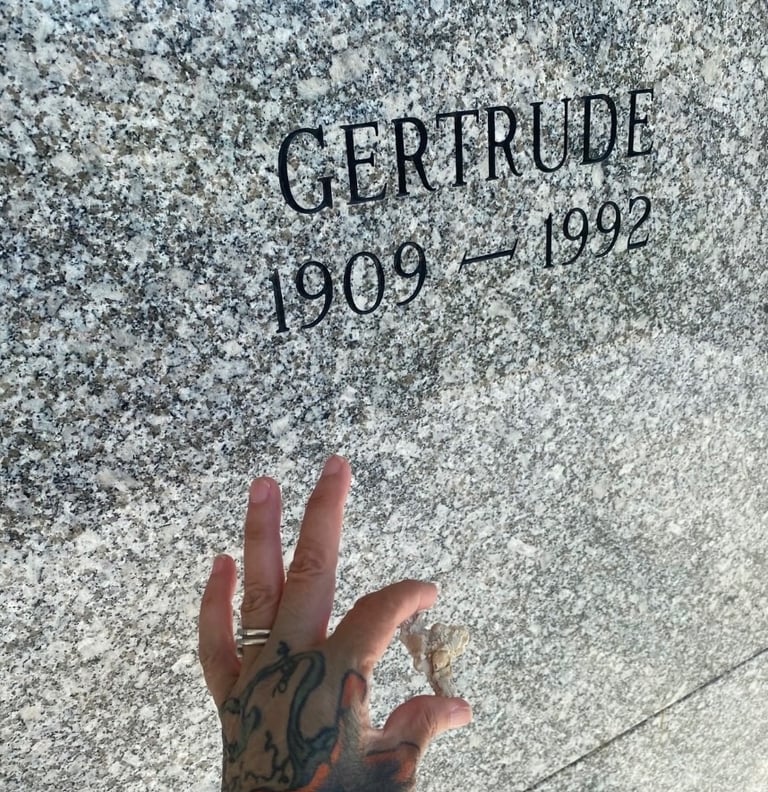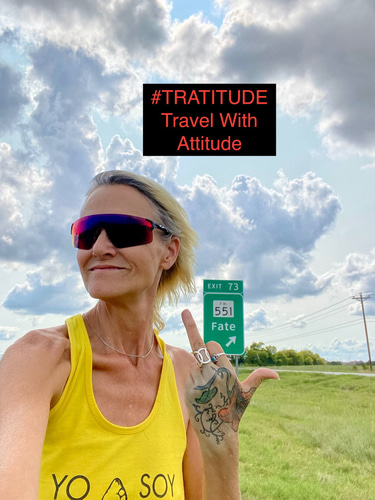The Dark Secrets of Wealth: Lessons from Hemingway and Fitzgerald
Have you Ever Felt objectified? Try being that thing for the billion dollar dollar boys club and then realize that you're the one with the power. You didn't defraud the IRS
Shannon Falk
1/21/20255 min read


A Literary Conflict: Hemingway vs. Fitzgerald
The relationship between Ernest Hemingway and F. Scott Fitzgerald is often characterized by its complexity, marked by tension that stemmed from their sharply contrasting views on wealth. Both writers were prominent figures of the 1920s expatriate community in Paris, yet their experiences with affluence shaped their perspectives on life and literature in fundamentally different ways. Fitzgerald, known for his classic novel "The Great Gatsby," published in 1925, often critiqued the wealthy elite, portraying them as soulless and morally bankrupt. His representation of wealth reflects an underlying disdain for the way affluence can corrupt the human spirit, a theme that resonates deeply in his work.
In stark contrast, Hemingway adopted a more flippant attitude toward wealth. His literary persona often exuded a bravado that dismissed the moral implications of affluence, suggesting that money was merely a means to an end rather than an object of critique. Hemingway's background, growing up in a comfortable, middle-class environment, afforded him a different outlook on financial success. Unlike Fitzgerald, whose humble beginnings instilled in him a sense of yearning for acceptance among the elite, Hemingway's experiences led him to embrace wealth as a tool to facilitate his adventurous lifestyle.
This divergence in perspective became a source of tension between the two writers, as Fitzgerald's deep-rooted criticisms clashed with Hemingway's nonchalance. Their conflicting narratives about wealth not only illuminated their individual struggles but also set the stage for a broader conversation regarding the implications of financial prosperity in modern society. By examining the literary conflict between these iconic authors, we gain valuable insights into the intersection of wealth and character, themes that remain relevant in today's discourse on economics and morality.
Illuminating the Secrets of the Super-Rich
The ultra-wealthy in the United States enjoy a suite of privileges that extend beyond merely possessing substantial financial assets. These advantages often create a substantial divide between the lifestyles of the top 0.1% and the average citizen. Wealthy individuals frequently leverage specialized resources and strategic financial tools that are unavailable or impractical for the general populace, contributing to persistent economic inequalities. One such resource is the private wealth attorney. These professionals are adept at navigating complex financial landscapes, enabling the ultra-rich to optimize their financial strategies while minimizing liabilities. Their expertise in estate planning and asset protection often shields wealth from taxation, thereby preserving and growing financial legacies.
Additionally, irrevocable trusts are commonly utilized by the wealthiest individuals as a mechanism to protect significant assets from creditors and estate taxes. Such trusts can effectively transfer wealth to the next generation while circumventing prohibitive tax implications, allowing for a seamless transition of wealth. These financial instruments seem to create an illusion of equal opportunity; however, they typically act to reinforce existing economic disparities. For example, many affluent families in high-cost-of-living cities like New York may employ strategies such as bargain and sale deeds. This tactic allows property title to be transferred without the substantial tax burden usually associated with real estate transactions. This form of tax evasion illustrates how the ultra-rich can manipulate legal frameworks to their benefit, further entrenching their financial positions.
The systemic advantages enjoyed by the super-rich serve as a glaring reminder of the disparities that exist within American society. Inequities manifest not just in income, but in access to legal and financial mechanisms that facilitate wealth accumulation. Exposing these hidden strategies is essential, as understanding them sheds light on the broader societal challenges posed by deepening economic divides.
Personal Insights from the Inside
Being married to a wealthy individual has presented a unique lens through which I have observed the intricacies entwined with affluence. The public may envision a life of luxury devoid of concern for financial minutiae; however, this is far from the truth. The reality of wealth often requires navigating an elaborate tapestry of tax strategies, investment opportunities, and the oft-overlooked emotional toll that accompanies such financial success.
In my experience, discussions regarding taxes were not just mundane conversations but rather vital dialogues centered around preserving wealth. Financial decisions were steeped in legality and scrutiny, requiring a keen understanding of the ever-evolving tax landscape. From strategies to minimize liabilities to the intricacies of estate planning, the pressure to maintain and grow wealth is perpetual. This constant vigilance often overshadowed the joy and freedom that one might expect from financial abundance.
As I navigated this privileged life, I encountered individuals who wielded wealth as a sword, keeping their secrets close to their chests. This culture of secrecy surrounding personal finances only exacerbated feelings of isolation. Thus, the lavish lifestyle many regard as enviable often conceals a convoluted reality—a reality that serves as a poignant reminder of the personal costs incurred in a world cloaked in affluence.
The Ripple Effects of Wealth on Society
The distribution of wealth within a society has profound impacts that extend far beyond individuals' bank accounts. Wealth disparity, particularly the gap between the affluent and the underprivileged, breeds a host of societal challenges and moral dilemmas. As presented in the works of writers like Hemingway and Fitzgerald, the experiences of the rich often illuminate the darker sides of wealth. These narratives reveal how the accumulation of riches can foster betrayal, not only against the less fortunate but also within the affluent's own social circles. Such environments can produce a culture of self-interest and competition that undermines collective welfare and nurtures discontent among those who are less fortunate.
The psychological and social implications of wealth inequality can lead to various forms of social unrest. The disparity harms not only those in poverty but also adversely affects societal cohesion, creating a rift that may perpetuate cycles of disadvantage. This dynamic resonates through generations, as children raised in impoverished conditions struggle to access opportunities that their wealthier peers take for granted. The secrets of wealth—often involving privilege, exclusion, and the manipulation of societal structures—can create a sense of moral detachment among the elite. Consequently, this disconnect fosters a societal environment in which empathy is diminished, and responsibility for addressing inequality is neglected.
Wealth comes with a moral obligation to foster understanding and empathy toward those who are disadvantaged. The rich must recognize their responsibility to improve societal structures that perpetuate these inequalities. This could involve various initiatives, from philanthropic efforts to actively supporting policies aimed at redistributing wealth through education and economic opportunity. In conclusion, addressing the ripple effects of wealth requires a collective effort to bridge socio-economic divides, fostering a culture that prioritizes compassion and collaboration over isolation and suspicion. A unified approach towards addressing these disparities can lead to a more equitable society for all.
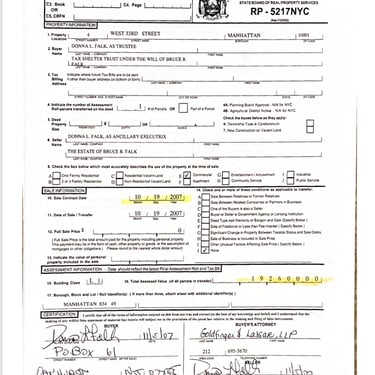
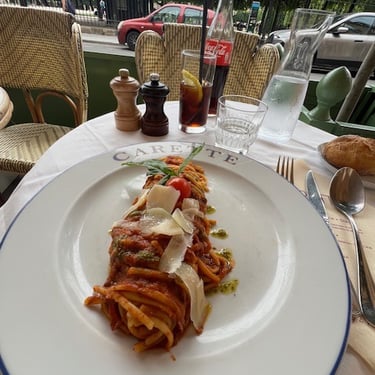
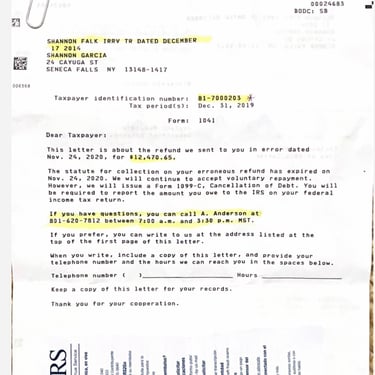
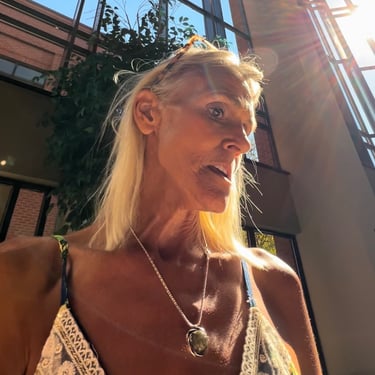
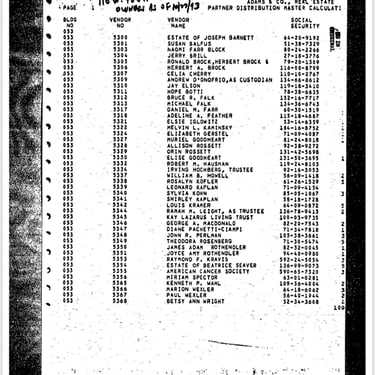
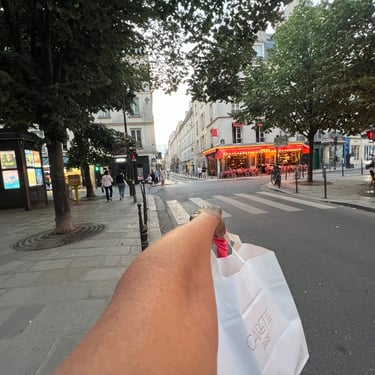
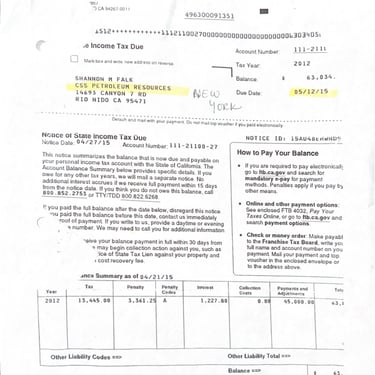

The Problems for the Wives of these .01% is that if we have a Family motivated by money and power? They will use children, and even grand children to achieve their objectives, but they weren't born Falk, and they didn't Marry Michael Falk September 9, 1989 so when they are held accountable in 2025? They can't lie anymore in New York. They don't own me, or my son Maxwell Falk or my Daughter Zoe Falk. It's time for a new era to turn around a November 17, 1992 unnecessary death.
